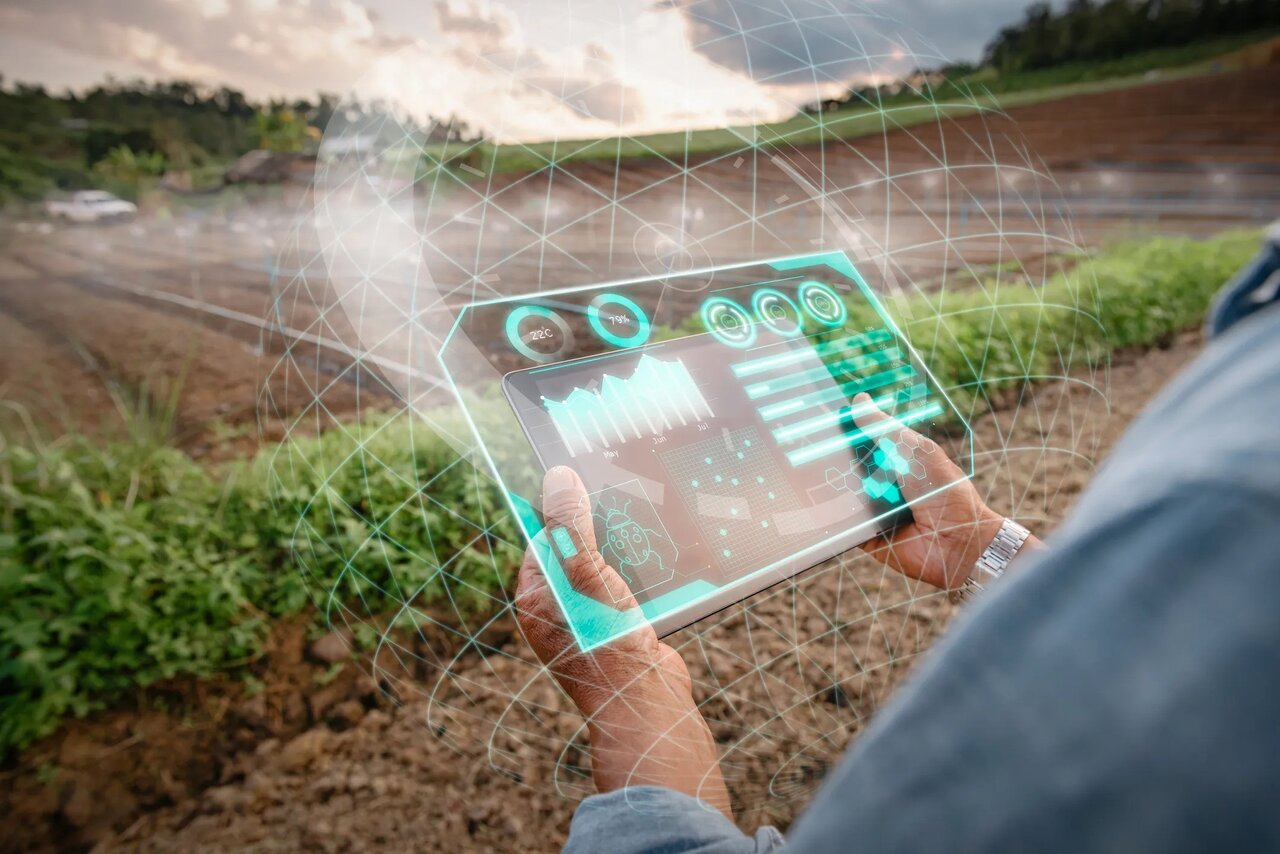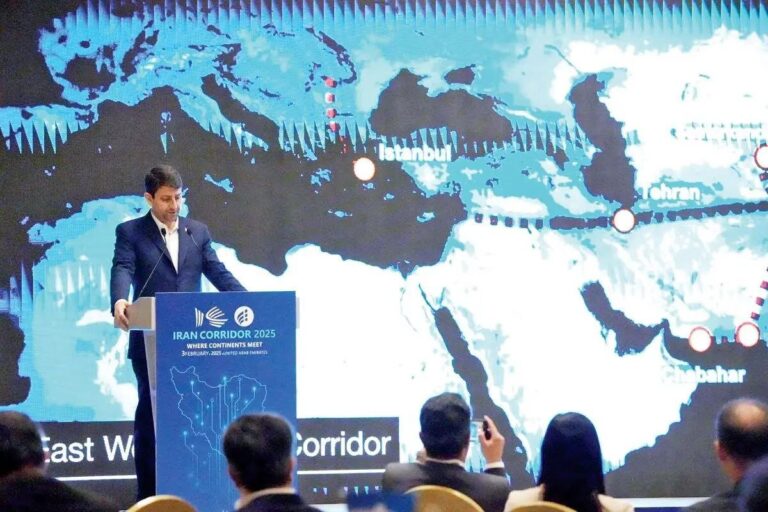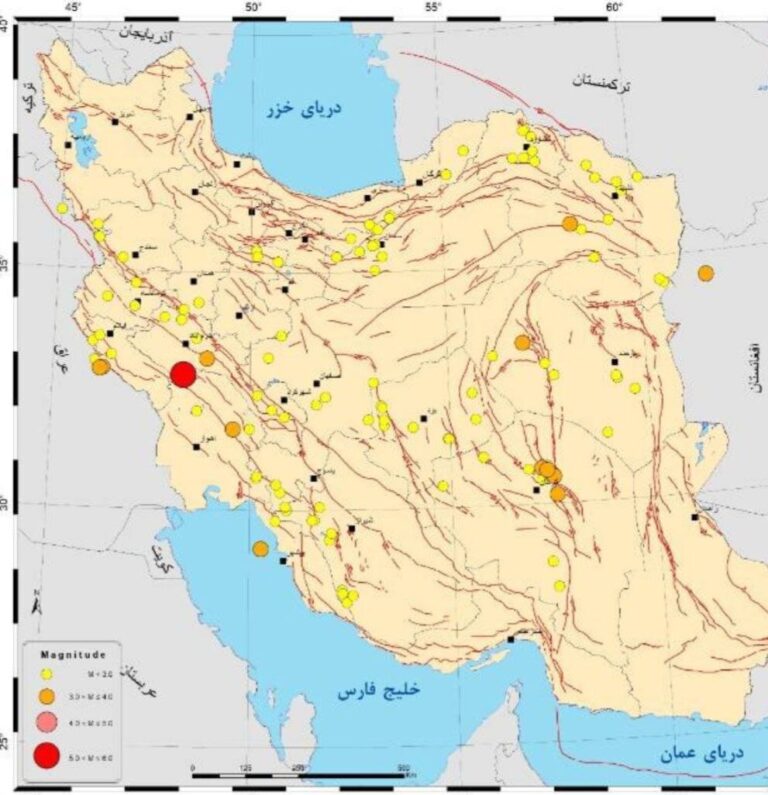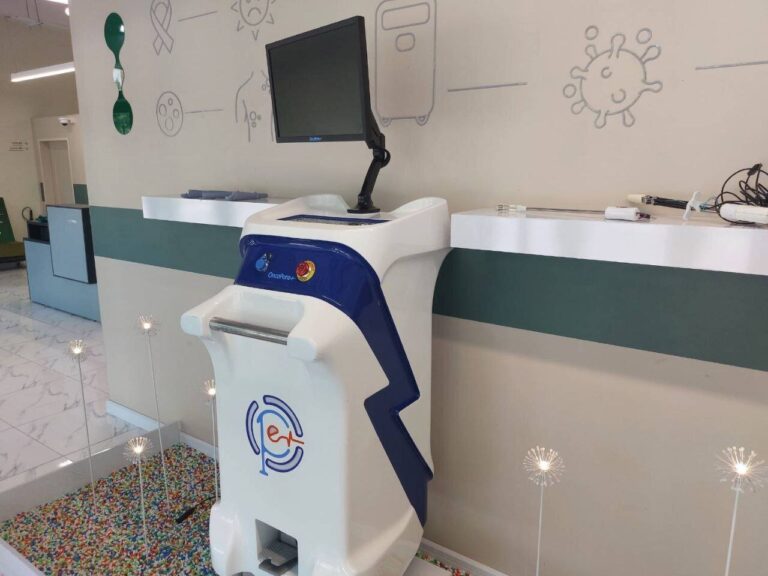Unlocking Solutions: How Data Science Can Tackle the Global Food Crisis
As the world grapples with pressing issues like climate change, population growth, and resource scarcity, the quest for global food security has never been more critical. In this intricate battle against hunger, an unexpected ally has emerged: data science. Farmers around the globe, from large industrial operations to small family farms, are embracing the digital revolution to enhance their agricultural practices and ensure a more sustainable food supply.
Advanced technology is transforming traditional farming methods. With precision agriculture, farmers are now equipped with sophisticated tools that allow them to monitor their crops and soil conditions like never before. Here’s how data science is making a significant impact:
- Soil Sensors: Advanced sensors embedded in the soil measure moisture and nutrient levels accurately, enabling farmers to optimize their water and fertilizer usage.
- Satellite Imagery: Satellites orbiting the Earth capture detailed images of crop health, creating dynamic digital maps that reveal the agricultural status across vast regions.
- Artificial Intelligence: AI processes the influx of data, offering farmers real-time insights that empower them to make informed decisions.
This modern approach has proven invaluable. For instance, in drought-stricken areas of Africa, mobile applications are providing tailored farming advice directly to farmers’ smartphones. This technology is crucial for subsistence farmers, helping them adapt to unpredictable weather patterns and safeguard their livelihoods.
Moreover, the influence of data science extends beyond the fields. In food distribution networks, machine learning algorithms are revolutionizing how food is moved from production to consumption. This innovative technology aims to minimize waste, addressing the alarming statistic that nearly one-third of global food production is lost before it reaches those in need.
Despite the remarkable advancements, challenges persist. The digital divide remains a significant hurdle, leaving many smallholder farmers without access to the necessary tools and technologies. Additionally, it’s important to note that no amount of data or technology can replace essential resources such as water or restore degraded land instantaneously.
The real promise of data science lies in its ability to enhance traditional farming practices rather than replace them. By merging decades of agricultural wisdom with cutting-edge technologies, farmers can cultivate not only more efficiently but also more sustainably.
Researchers are striving to democratize access to these tools, ensuring that farmers from all backgrounds can benefit from the advances in data science. Policymakers are also confronted with critical questions surrounding data ownership and equity in agriculture.
In conclusion, while data science itself is not the silver bullet to eradicate world hunger, it equips humanity with some of the most advanced tools available to tackle food security challenges. By harnessing the power of data, we can work towards a future where food is abundant, accessible, and sustainable for all.






